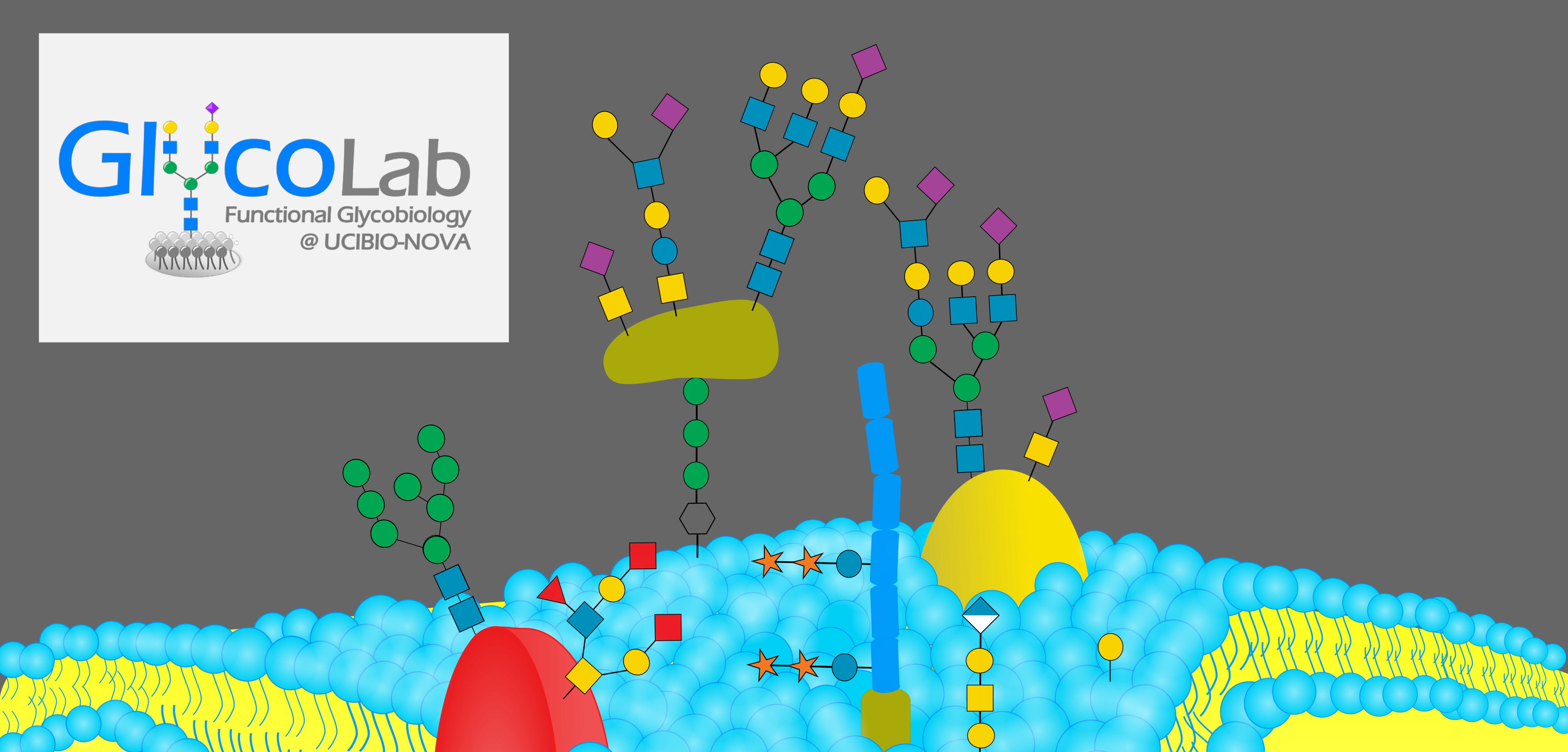Benedita Pinheiro | PhD Researcher (DL57 Contract) Ciência ID: CB17-E1B7-4EE7 email: b.pinheiro@fct.unl.pt I am a researcher in the Glycolab Group in the Research Unit UCIBIO. I have obtained a PhD in Animal Science and Technology in 2010, at the Technical University of Lisbon (presently University of Lisbon), studying the assembly and function of the bacterial multi-enzymatic complex involved in plant cell all carbohydrate degradation, the cellulosome. I am particularly interested in the protein-protein cohesin-dockerin interaction and in the study of carbohydrate-interacting proteins such as lectins and carbohydrate-binding modules (CBMs). Being a member of the GlycoLab from the beginning, I have been involved in its setup and in the broadening of its scope through the implementation of protein microarrays. I am currently contributing to the ongoing GlycoLab projects with my expertise in molecular biology, protein production and X-ray crystallography. One of our joint projects is on solving the first X-ray 3D structure of human malectin in complex with its endogenous glycan ligand, with insights into its recognition in the Endoplasmic Reticulum and malectin evolution and function in protein quality control in mammals. |
Diana O. Ribeiro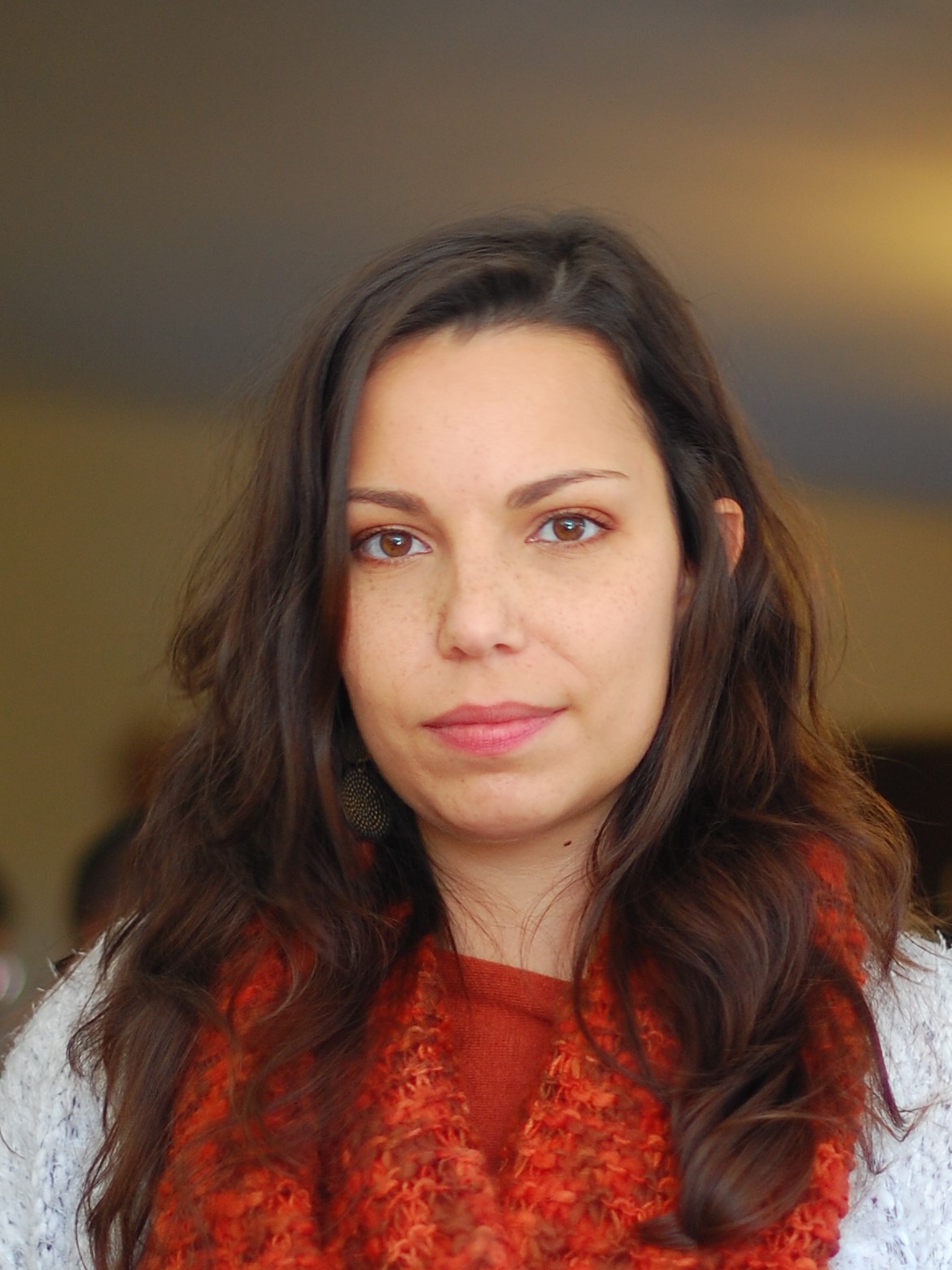 | Junior Investigator (former PhD student) Ciência ID: 7E10-CBC0-596D email: d.ribeiro@campus.fct.unl.pt Having completed my PhD in Biochemistry, speciality in Structural Biochemistry, at UCIBIO/FCT‑NOVA, I have acquired important skills in the field of Molecular Glycosciences and Structural Biology. During my PhD I have applied a unique approach combining Carbohydrate Microarrays with X-ray Crystallography, to uncover and structurally characterize the carbohydrate-specificity of novel CBMs (Carbohydrate-Binding Modules) of cellulolytic bacteria residing in different ecological niches. During this project, I had the opportunity to develop work at the Glycosciences Laboratory, Imperial College London, where I have become most interested in developing new strategies for purification of structurally similar oligosaccharides isolated from naturally derived sources. My work resulted in 2 publications in journals and 1 book chapter. Moving forward, I aim to deepen my knowhow in Carbohydrate Microarray technology and develop strategies to allow the detailed characterization of protein‑carbohydrate interactions, in particular, in the Human Microbiome. |
PhD Students
Viviana Correia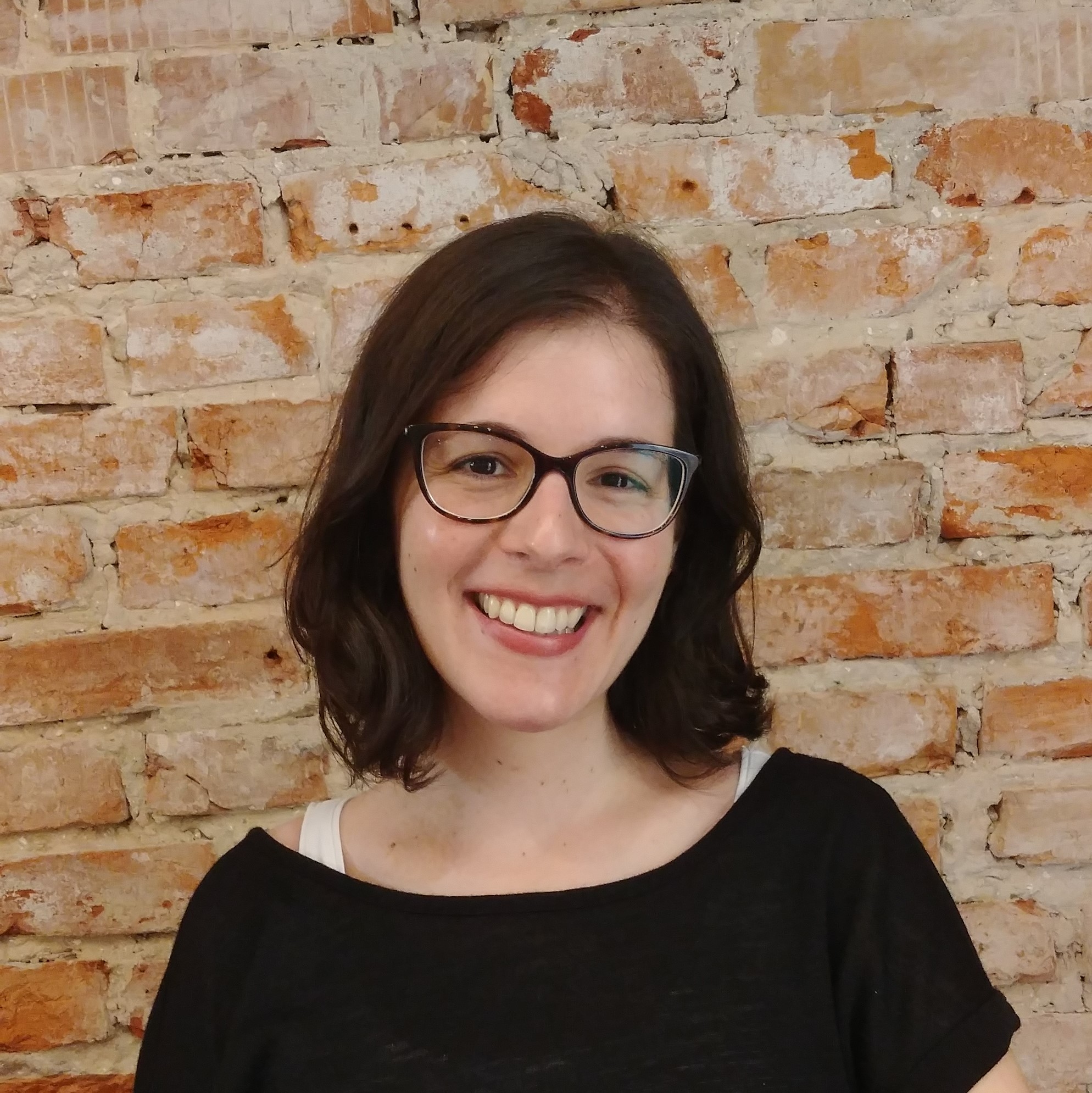 | Ciência ID: B117-5D40-0DCE email: vivianacorreia@campus.fct.unl.pt I am a student in the Molecular Biosciences PhD program, since 2015. My research project – “Deciphering carbohydrate: protein interactions in the Human Microbiome – A combined high-throughput and structural approach”, aims at elucidating carbohydrate-binding specificities of polysaccharide utilization loci (PULS) proteins from representative strains of the human gut microbiota metabolic capabilities, which play a key role in the human nutritional balance and immune system modulation. Our strategy includes the production of a recombinant-protein library, the development of carbohydrate microarrays comprising a diverse range of glycan probes for high-throughput screening analysis of glycan ligands; and elucidation of the 3D-structure of protein:glycan ligand complexes using X-ray crystallography. PhD Fellowship PD/BD/105727/2014 (co-supervision with Ana Luísa Carvalho) |
Raquel Costa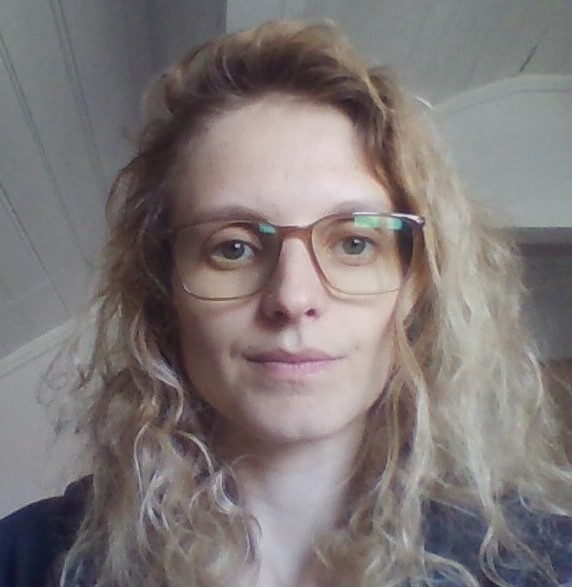 | Ciência ID: C51E-D98C-9BEC email: rl.costa@campus.fct.unl.pt I am currently a PhD student in the Molecular Biosciences program from FCT-NOVA & ITQB. My work is supervised by Angelina Palma and Ana Luísa Carvalho and is being developed at Functional Glycobiology and Macromolecular Crystallography Groups at UCIBIO (FCT-NOVA) within the research areas of Structural Biology and Glycobiology. The main goal of my PhD is to elucidate the interaction of PULs proteins from B. thetaiotaomicron (prominent human gut bacteria) for host-derived glycans, particularly mucins that act as a barrier to protect the human gut epithelium. To address that, I am using X-ray crystallography and carbohydrate microarray technology as the main methodologies. My work will be important to understand how bacteria establish molecular communication with the host and how this glycan recognition influences the balance of being beneficial/pathogen. Addressing these questions could lead to novel strategies to promote human health by using pre or probiotics to modulate the human gut microbiome. PhD Fellowship PD/BD/135515/2018 |
Filipa Trovão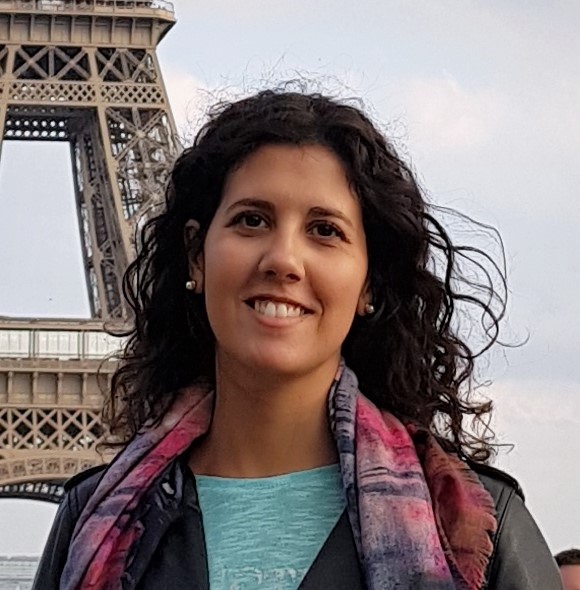 | Ciência ID: AC11-1704-9BF8 email: f.trovao@campus.fct.unl.pt I have a BSc and an MSc in Biochemistry, both acquired at FCT-NOVA. From 2017 to 2019 I worked as MSc Research Assistant at the Macromolecular Crystallography and GlycoLab (UCIBIO-NOVA). During this period, I had the opportunity to acquire knowledge in different biological systems and solid experience in protein expression and purification, X-ray Crystallography, and also in state-of-the-art techniques to assess the specificity and affinity of protein-ligand interactions, such as glycan microarrays, MST and ITC.In December of 2019, I started my PhD degree in Biochemistry, under the supervision of Angelina Palma (GlycoLab) and co-supervision of Ana Luísa Carvalho (Macromolecular Crystallography). My research project, entitled “Translating the human-microbiome molecular cross-talk using glycan microarray and structural biology strategies”, aims to decipher how the structural diversity of host glycans is exploited by bacteria and how it influences commensal vs pathogenic interactions. PhD Fellowship SFRH/BD/143494/2019 |
Nuno Lopes | Ciência ID: email: nlopes@ibet.pt I graduated in Cellular and Molecular Biology, followed by a master’s in Biotechnology. In the past years, I learned about the tumour immune microenvironment and methods for working with 3D cell-based models. In Dr Brito’s lab, we established a 3D breast cancer model, where we depicted the impact of different subtypes in the modulation of macrophages. With my PhD project “GLYCO-Interact: defining triple-negative breast cancer glycan signatures to target tumour-associated macrophages”, also supervised by Dr Palma, we aim to bring the perspective of glycobiology towards unveiling novel targets for breast cancer. We devised an approach based on 3D cell models and protein/glycan microarrays. We aim to unveil novel glycans at the surface of tumour cells and the lectins of macrophages which bind to such glycans. These results will be further translated to breast cancer patients. Supervisors: Dr Catarina Brito (Advanced Cell Models Lab, iBET & ITQB-NOVA) and Dr Angelina Palma |
MsC Students
Alumni
| Filipa Lopes Former MSc Student 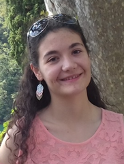 | Liliana Ringler Former MSc Student  | André Favinha Former MSc Student |
